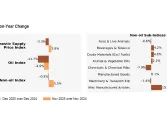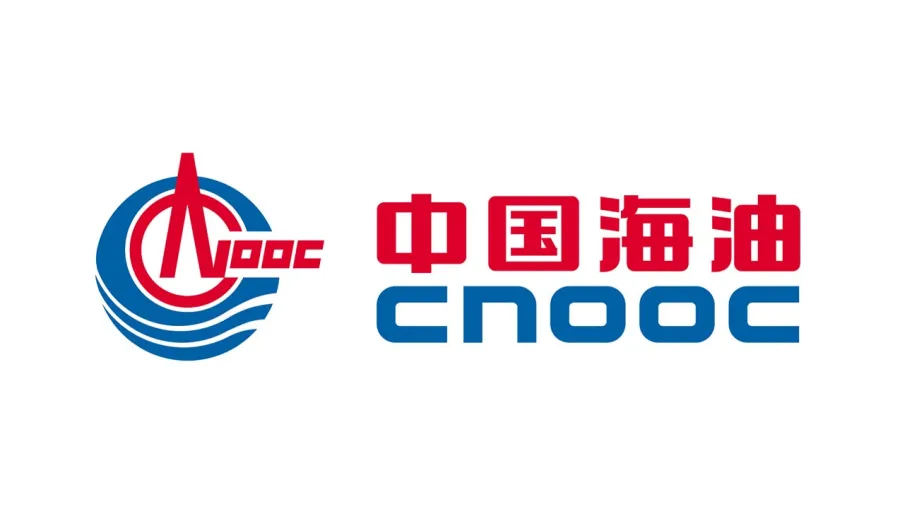
CNOOC Limited delivers Train 3 of Tangguh LNG Project in Indonesia
Train 3 has a plant capacity of 7.6 million tons per annum.
China National Offshore Oil Corp. Limited (CNOOC) has commenced the first LNG cargo from the newly-built liquefaction train (Train 3) of the Tangguh LNG project in Indonesia.
Located in Papua Barat Province, the project began production in 2009 and consists of six offshore gas fields under three production sharing contracts (PSCs), which are capable of holding 7.6 million tons per annum (mtpa).
ALSO READ: New natural gas sources needed to meet increasing demand
Additional facilities like two new wellhead platforms, 10 production wells and other infrastructure have simultaneously begun production with the train.
The addition of Train 3 will bring the plant capacity up to 11.4 mtpa, making the Tangguh LNG project the largest gas field and LNG production hub of the Indonesian archipelago.
CNOOC Muturi Limited, a subsidiary of CNOOC, holds a 13.90% interest in the Tangguh LNG project.
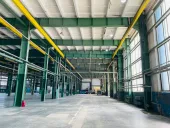

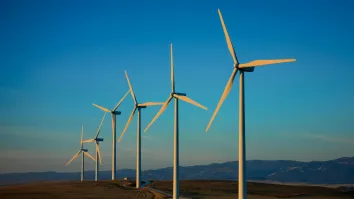
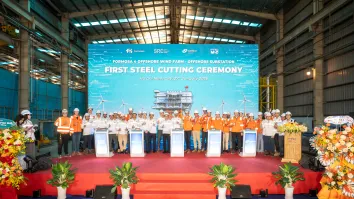















 Advertise
Advertise


